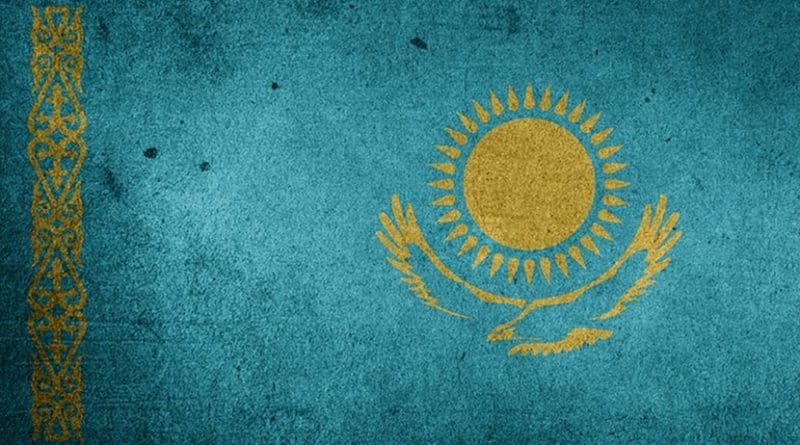Ten Percent Of Kazakhstan Residents Plan To Emigrate – OpEd
By Paul Goble
Emigration continues to outpace immigration in Kazakhstan, although today it is not exclusively ethnic – in the 1990s, most of those departing were Slavs; but now many are ethnic Kazakhs – but increasingly threatens that Central Asian country’s future because those leaving are far more educated and active than those arriving.
The departure of ethnic Russians in the 1990s attracted widespread attention because it meant that the Kazakhs who had gained plurality status in the 1980s became a dominant majority, but the continuing emigration of both Slavs and Kazakhs has not even though it too will have serious consequences (ritmeurasia.org/news–2020-12-17–ishod-iz-kazahstana-prodolzhaetsja-52415).
Sergey Smirnov of the Rhythm of Eurasia portal says that in 2019, according to official statistics, 45,200 Kazakhstan residents left, eight percent more than in 2018, and only 12,200 arrived, although the real numbers are far more negative as far as Kazakhstan is concerned. And this year’s haven’t been worse only because the pandemic has limited people’s options.
But the official data for the first half of 2020 are bad enough: 11,000 people left, mostly from Eastern-Kazakhstan, Kostanay, Pavlodar and Karaganda oblasts. The real problem is that 60 to 70 percent of those leaving had higher educations while the share of those arriving who do “does not exceed 15 percent” – an obvious case of brain drain.
Earlier some Kazakhs viewed the departure of Russian specialists as a price worth paying for independence, but now they see that Kazakhs are leaving as well, the result of low pay and poor career prospects. And the latest survey conducted in the country shows that that pattern is only going to get worse.
According to the Strategy Foundation based in Almaty, at present, “every tenth Kazakhstan resident plans to emigrate, and a third of these are ethnic Kazakhs.” Discrimination and increasing demands that Slavs speak Kazakh explains the behavior of the non-Kazakhs, but economic difficulties and the lack of opportunity is behind that of the ethnic Kazakhs.
Especially worrisome, the Strategy Foundation points out, is the fact that “more than 25 percent” of those seeking to leave are young people between the ages of 15 and 28, a number that reflects in part the fact that 65,000 to 80,000 young Kazakhs have been getting their higher educations in the Russian Federation in recent years.
Last month, former Kazakhstan President Nursultan Nazarbayev said he “suffers” every time he hears about the emigration of Kazakhs and others because he sees that as a vote of no confidence in the country. But current President Kasym-Jomart Tokayev appears to be less worried: He believes those going abroad now will eventually return.
However, at present, Smirnov says, there are only a tiny number of returnees. And that prompts the question: “What future awaits a country whose most talented citizens are leaving?” If it can’t retain them, it will likely find itself falling further and further behind the rest of the world.

